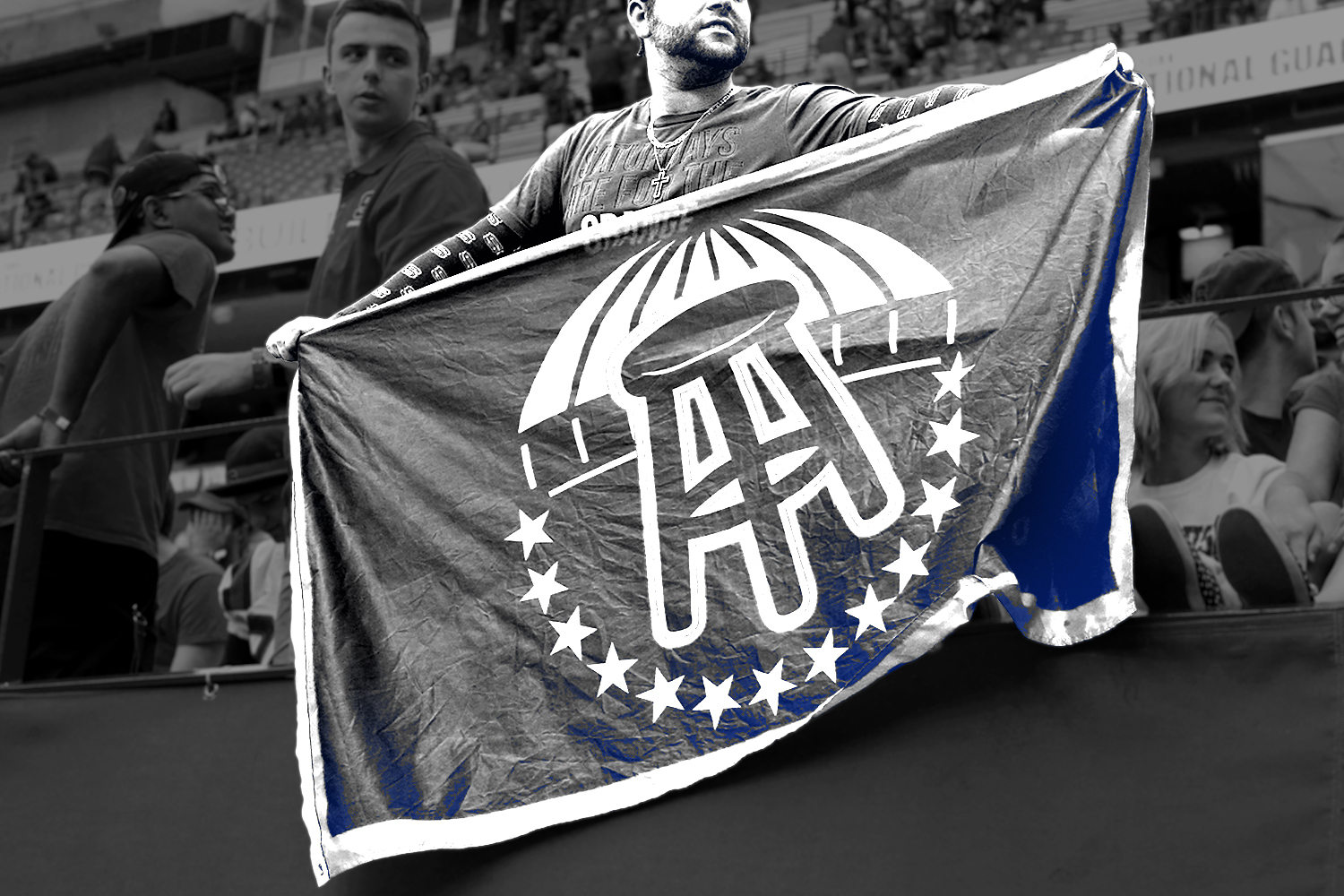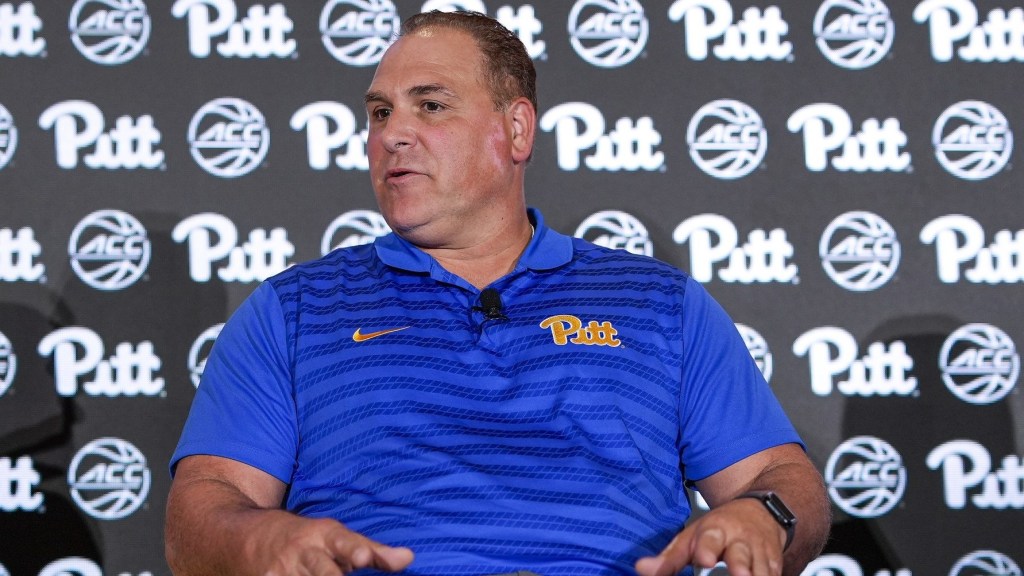And will schools really want to police NIL?
Who really wants to be the first public school to discipline an athlete for a non-compliant arrangement? If you suspend an athlete or limit their eligibility over an NIL issue, are you willing to risk hurting your recruiting?
It’s one thing to self-report a potential NCAA infraction, knowing that the NCAA could potentially sanction or penalize your program. But right now, it doesn’t appear there’s any risk to a school for not enforcing a state or institutional NIL policy.
There’s also potential litigation: Multiple compliance professionals at public universities have told me over the last week that they feel hesitant about blocking deals or pushing too hard over compliance guidelines, in part because they don’t want to risk a lawsuit.
Many state rules are broad, and compliance professionals and legal observers have told me they’re not sure all of them could stand up to a legal challenge.
NCAA member institutions opted for a more individualistic philosophy, in part, because they want to avoid litigation risk. But there could be risks in simply enforcing the relatively light regulations they already have.
This isn’t just an academic exercise. Schools may already need to grapple with this question.
It’s possible that Barstool Sports has entered into more individual NIL deals than any other company.
Some sports law commentators have wondered whether Barstool’s close ties to the gambling industry (Penn Gaming owns a 36% equity stake in the company, and Barstool’s branding and IP is used to promote gambling) might make them ineligible to sign athletes in certain states. At least one NCAA school’s compliance office already stated that their athletes cannot work with Barstool.
That’s just the opinion of one school, and other institutions could reach different conclusions. Last week, I asked a few compliance officers at public schools if they thought they could prevent athletes from setting up an OnlyFans account, and I was told that they probably couldn’t.
Perhaps schools would reach similar conclusions about Barstool.
But if not, and a school actually tried to block a deal or punish an athlete, could it stand up to legal challenge? Are the already overworked school compliance staff able to actually monitor any of this?





![[Subscription Customers Only] Jul 13, 2025; East Rutherford, New Jersey, USA; Chelsea FC midfielder Cole Palmer (10) celebrates winning the final of the 2025 FIFA Club World Cup at MetLife Stadium](https://frontofficesports.com/wp-content/uploads/2026/02/USATSI_26636703-scaled-e1770932227605.jpg?quality=100&w=1024)











